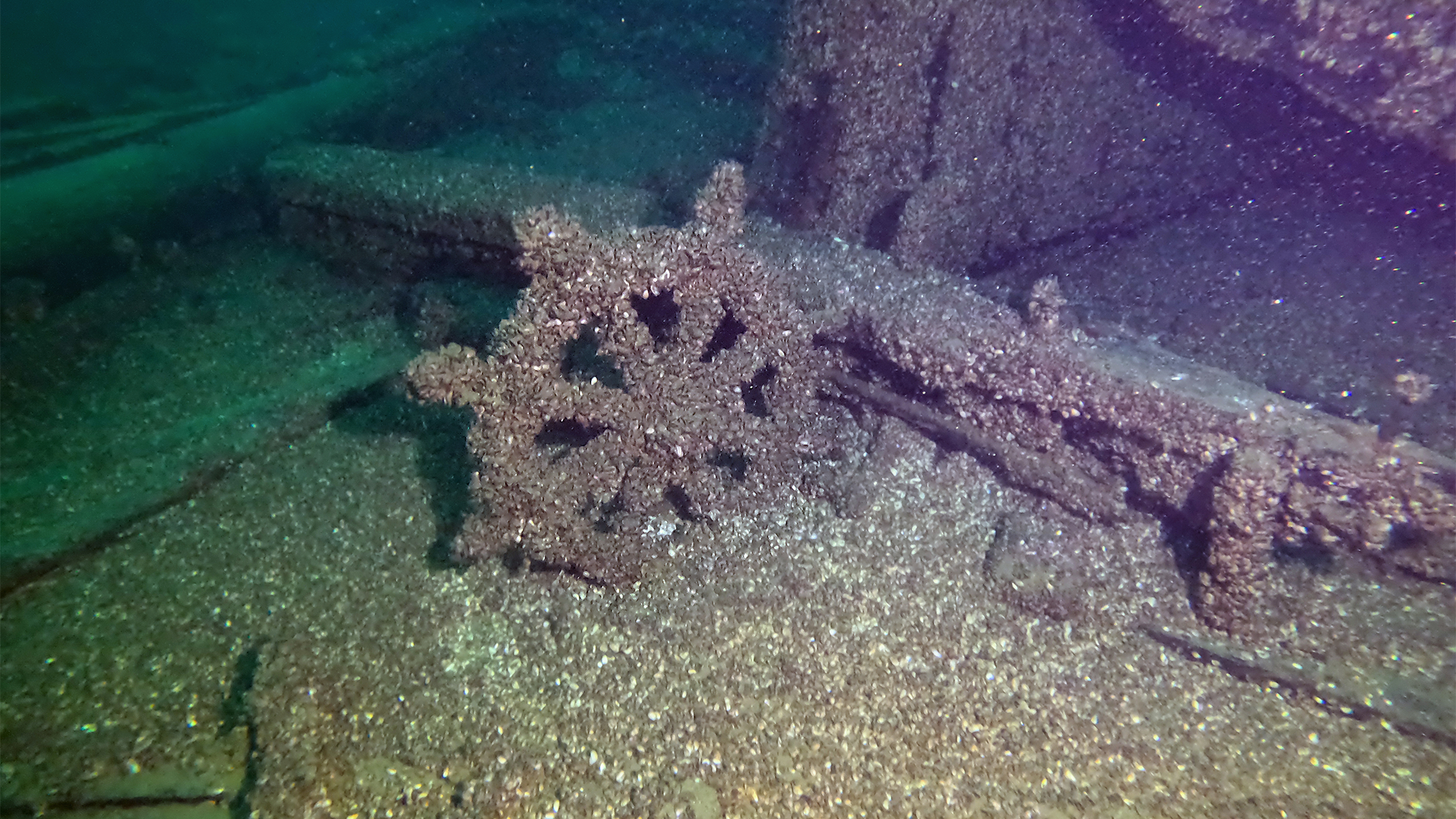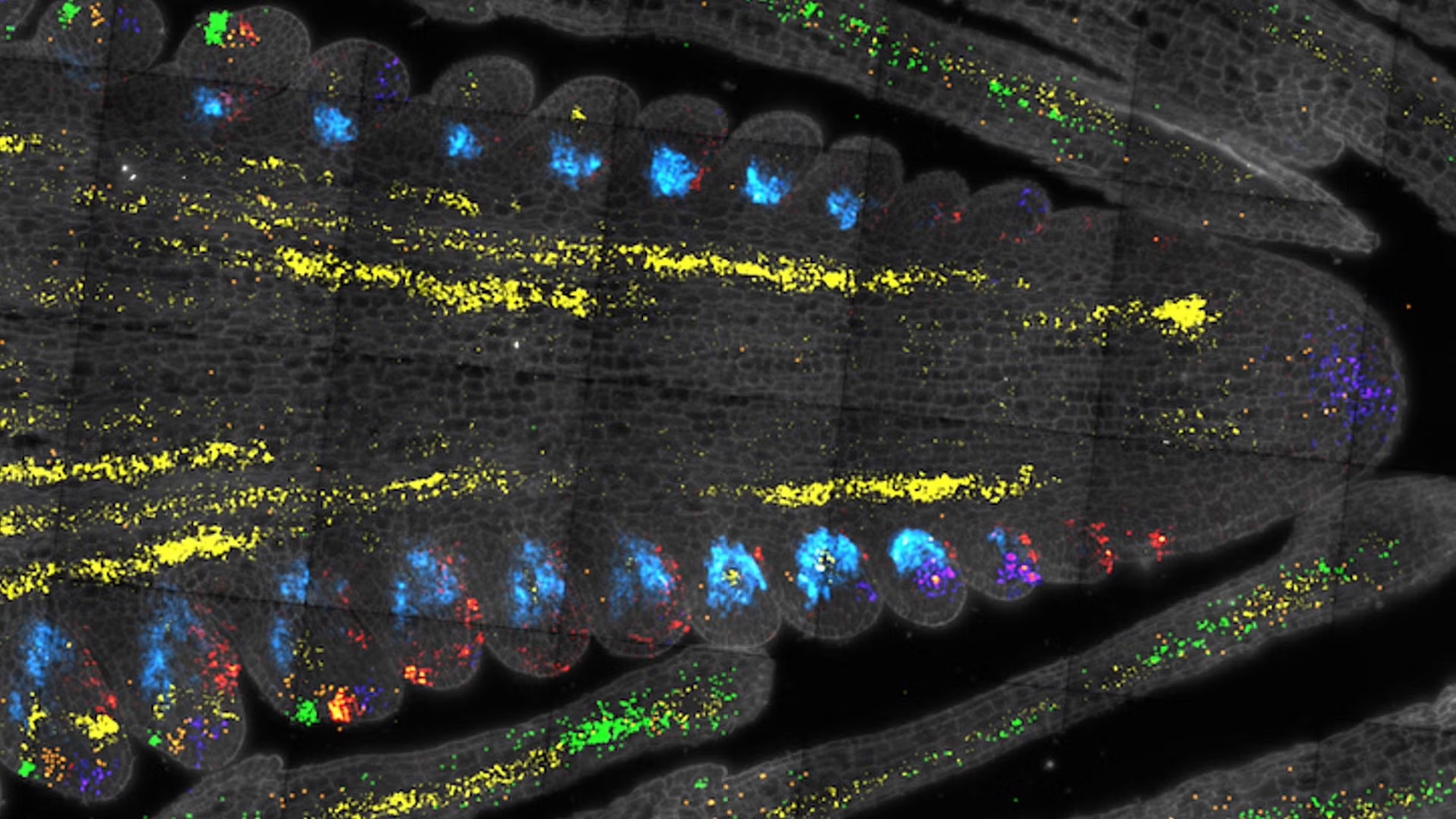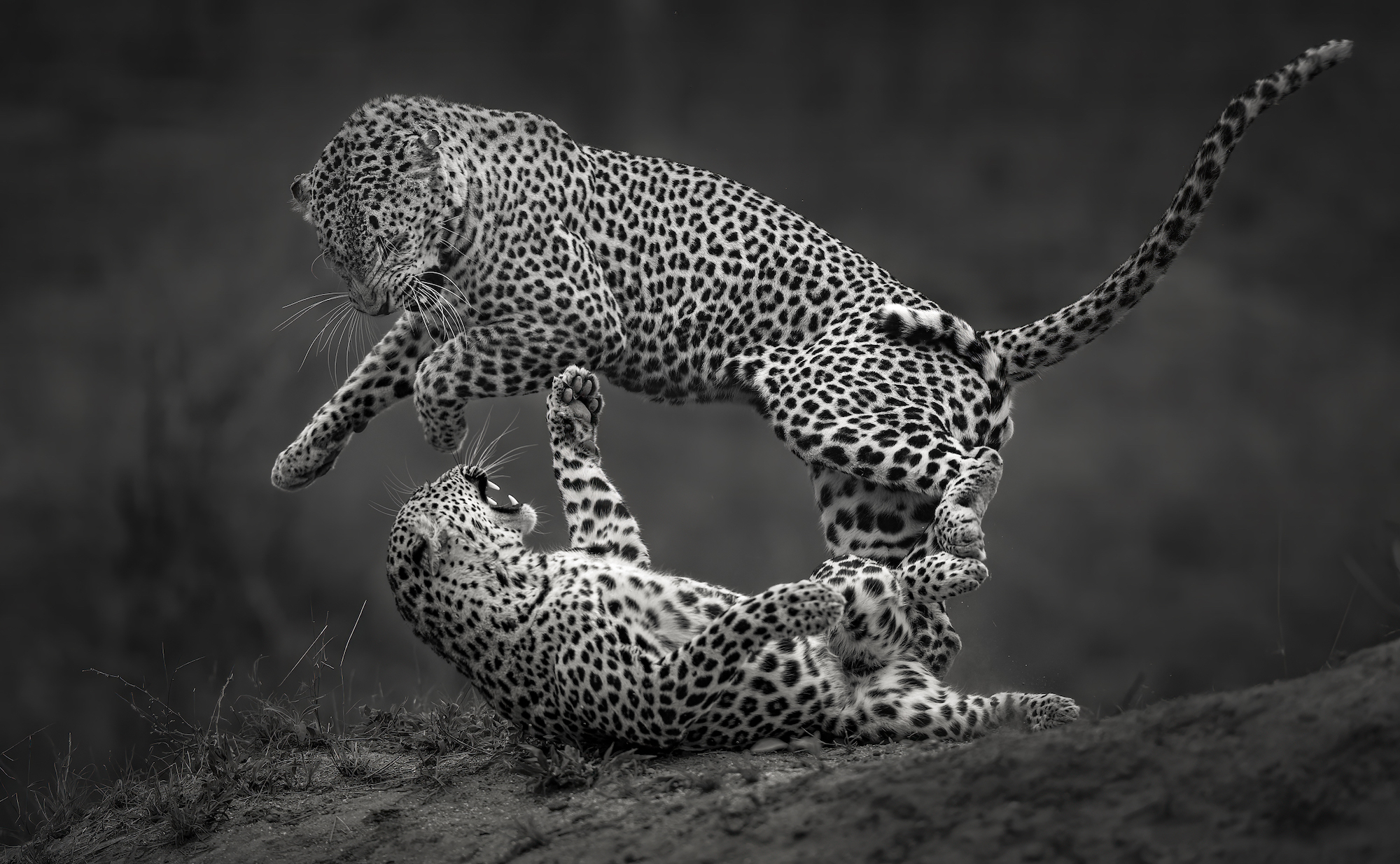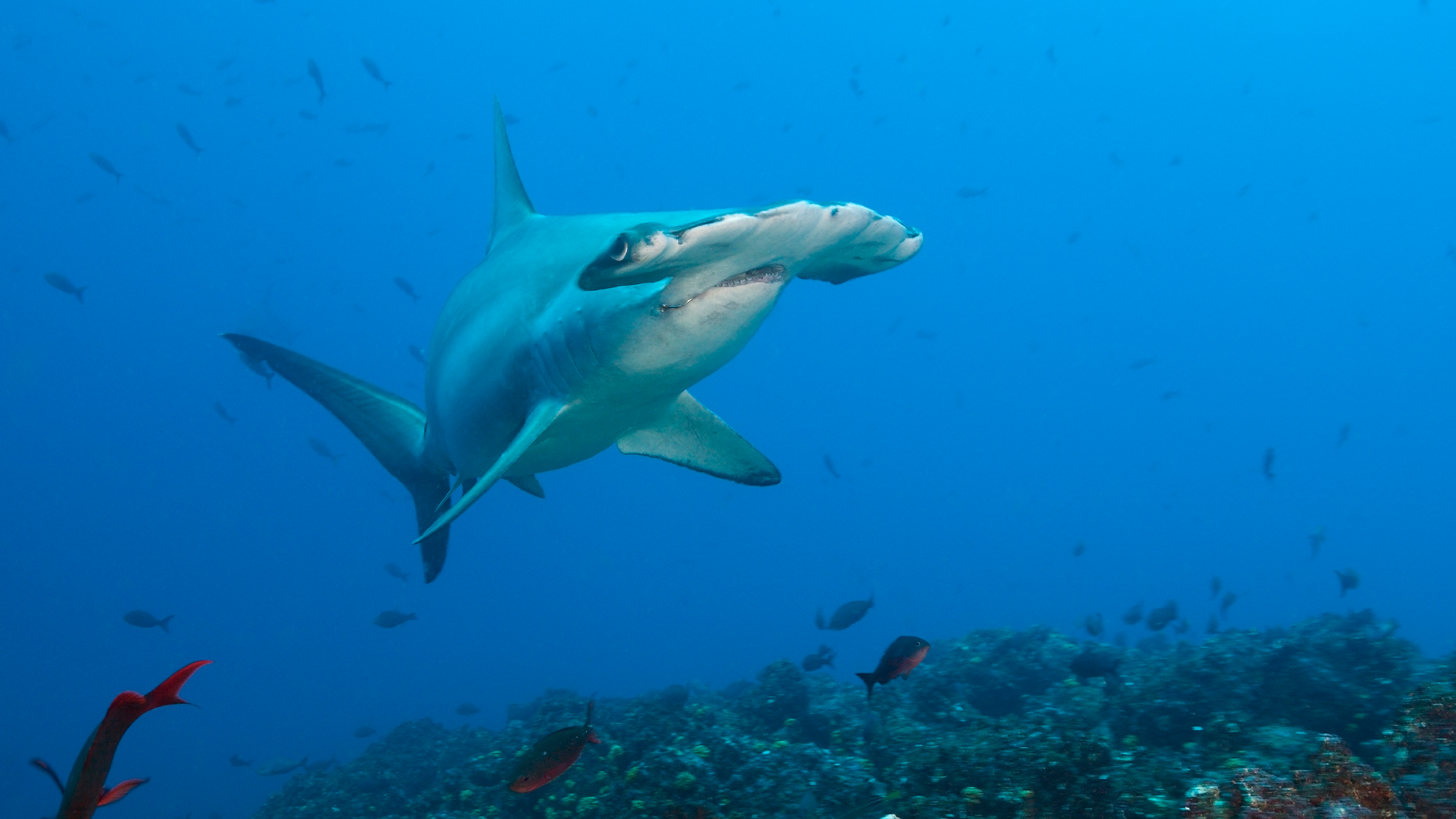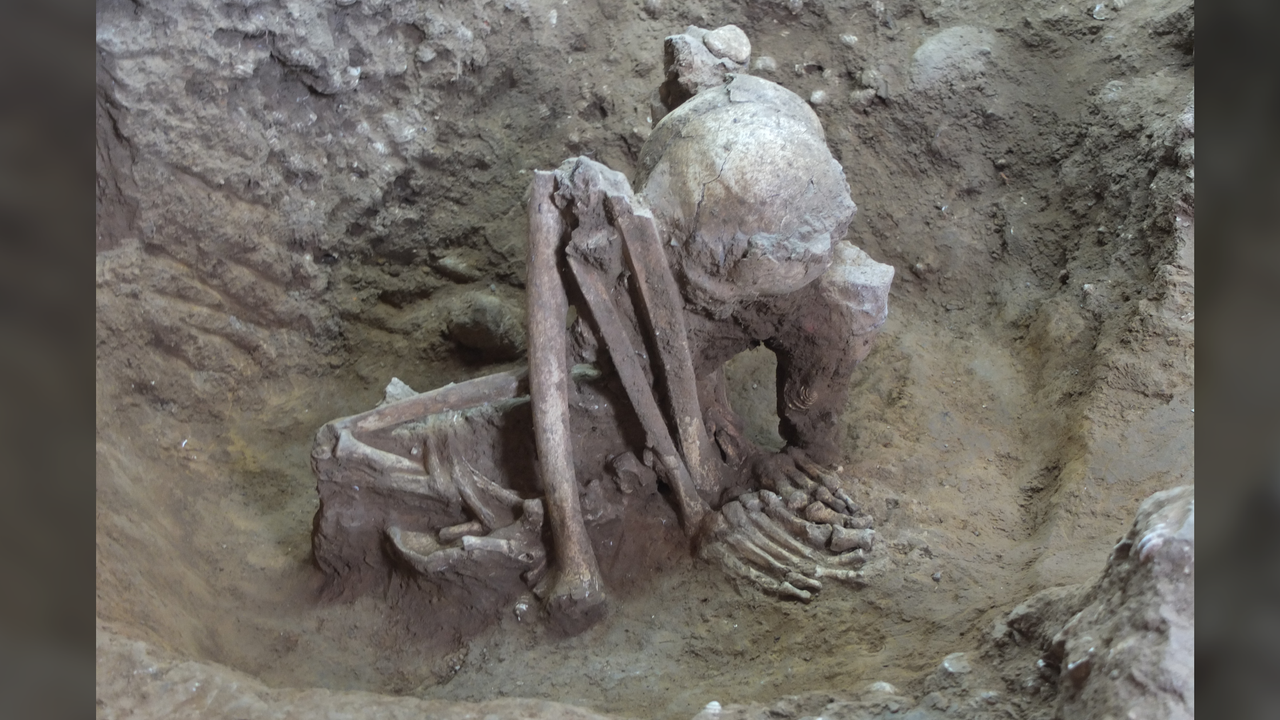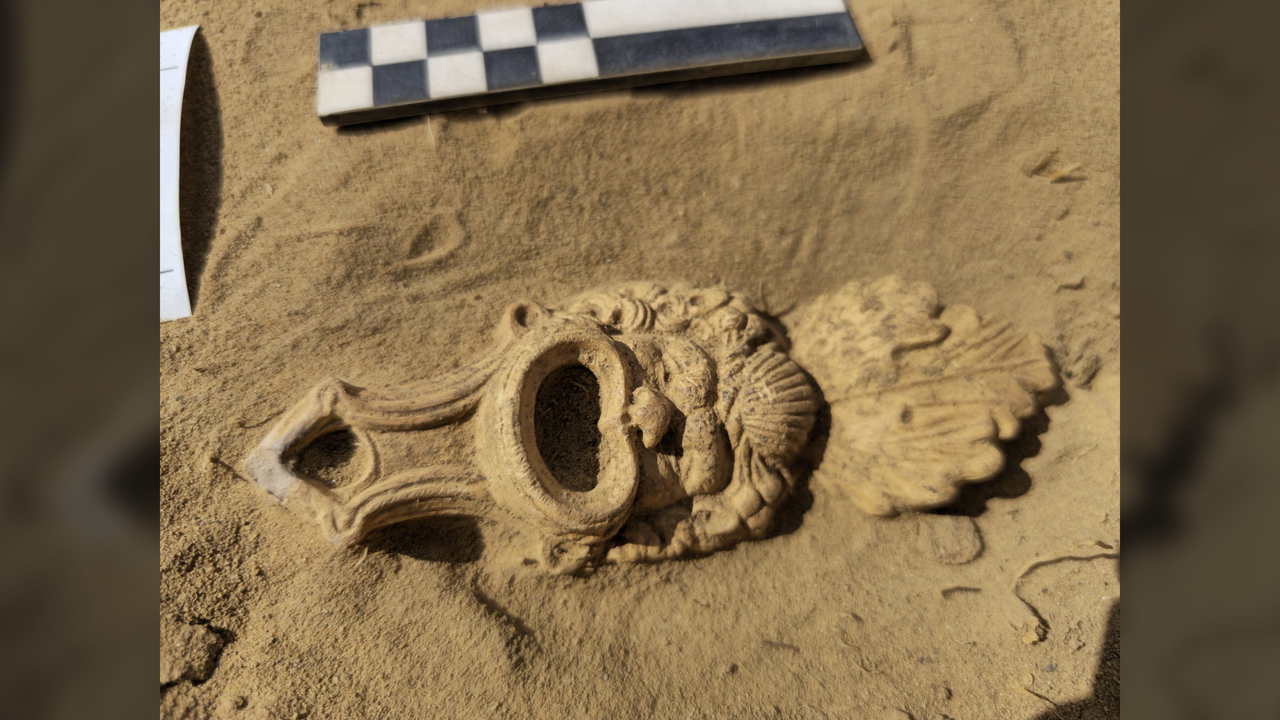Looted mummy skull mislabeled for over a century
NeutralScience

A 350-year-old elongated skull, previously thought to be Incan, has been misidentified for over a century. Recent research has clarified its true origins.
Editor’s Note: This discovery is significant as it sheds light on historical inaccuracies in archaeology and helps us better understand ancient cultures. Correcting such mislabeling can enhance our knowledge of history and the artifacts we study.
— Curated by the World Pulse Now AI Editorial System


